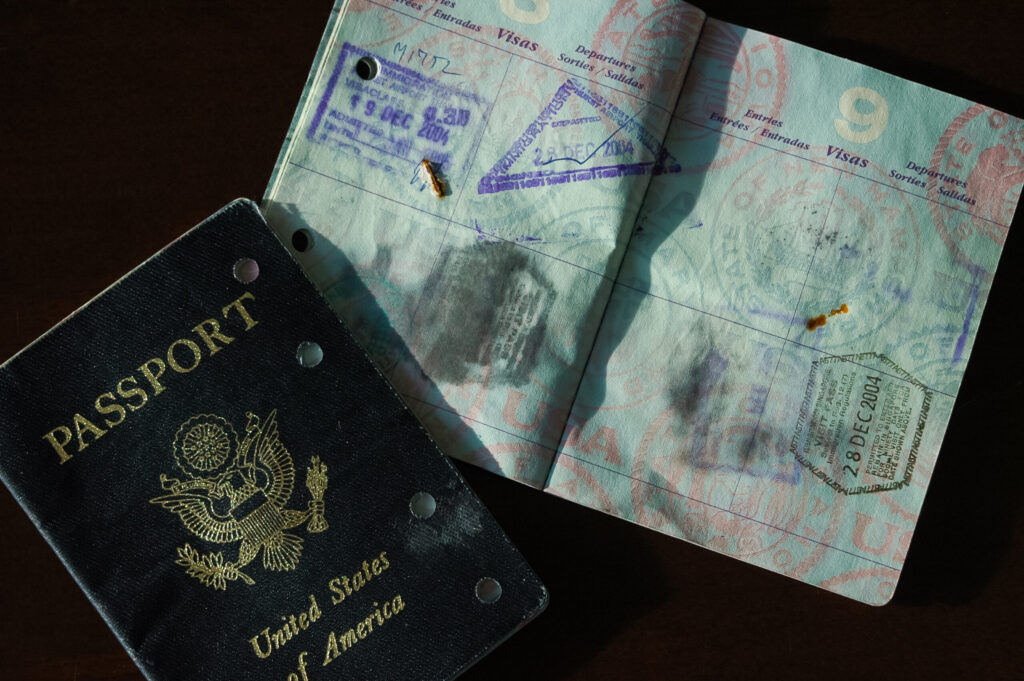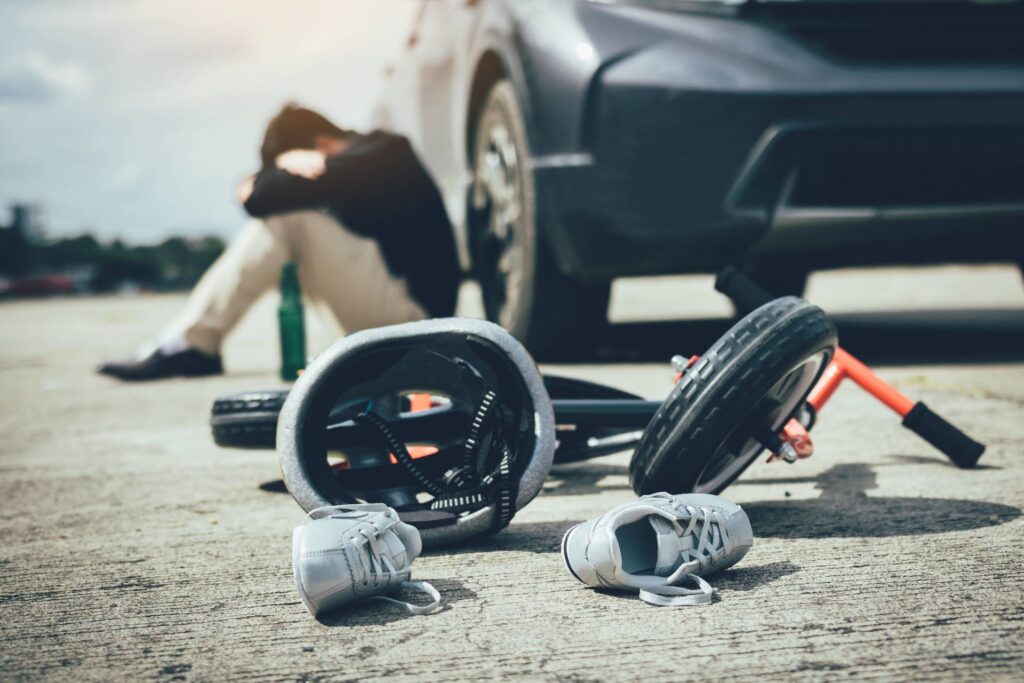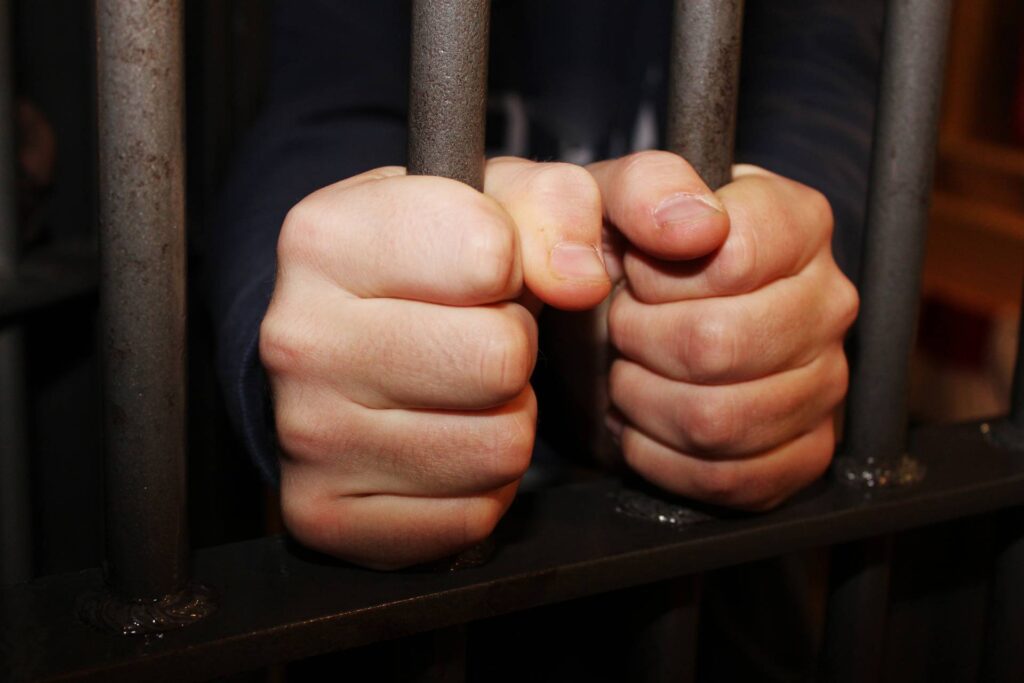What is the Violence Against Women Act?
The Violence Against Women Act (VAWA) creates a special path to legal immigration status for many victims of domestic abuse. However, with help from a Boston immigration lawyer, many abused men may also file a VAWA petition (Form I-360) for legal immigration status.
The Violence Against Women Act became law in 1994. It benefits both male and female domestic abuse victims who would otherwise be dependent on their abusers to file for their legal status. Self-petitioning under VAWA allows abuse victims to file for their status on their own.
You should have no misconceptions regarding who may be qualified for VAWA protections. When it reauthorized the law in 2005, Congress added a provision that clarifies the title should not be interpreted to prohibit male victims of abuse from eligibility for services under the Act.
What Does VAWA Provide?
In most cases, if you are the parent, child, or spouse of a U.S. citizen, or if you are the child or spouse of a lawful permanent resident, the citizen or permanent resident must submit Form I-360 to USCIS (U.S. Citizenship and Immigration Services) on your behalf for you to obtain a legal status.
That family member controls the process until you receive your green card and permanent resident status. However, VAWA allows an abuse victim to submit Form I-360 directly and receive legal status without the involvement of the abuser.
How Does a Man Qualify for Legal Status Under VAWA?
VAWA self-petitioning is comparable to submitting a typical family immigration petition, but with additional requirements. VAWA self-petitioning is only for the closest relatives of U.S. citizens or permanent residents, so you must prove how you are related to the abuser.
You also must prove that you have “good moral character” and have suffered, in the words of the law, “battery or extreme cruelty.” A Boston VAWA attorney can determine if you qualify to receive legal status under VAWA and guide you through the self-petitioning process.
Proving abuse or cruelty can be quite a challenge. Stalking and incidents of domestic violence require comprehensive documentation. Posts on social media, emails, and text messages can be persuasive evidence. Your attorney will help you document patterns of abusive behavior.
What Challenges Do VAWA Self-Petitioners Face?
Immigration authorities do not approve every self-petition for legal status. Applicants may struggle to prove they are abuse victims, especially when abuse is non-physical. You should try to gather medical records, police reports, witness statements, and any other evidence of abuse.
Proving good moral character is another challenge. Minor offenses or immigration violations may make some applicants ineligible for VAWA protection, but an experienced Boston immigration lawyer can help you prove your good moral character to immigration authorities.
The fear of deportation prevents many victims of domestic abuse, both male and female, from coming forward and receiving the help and protection they need. However, in many cases, VAWA protections can eliminate the possibility of a removal proceeding.
For What Reasons Does USCIS Deny VAWA Self-Petitions?
Your VAWA self-petition may be rejected by U.S. Citizenship and Immigration Services if you fail to offer:
- sufficient proof of your relationship with your abuser
- sufficient proof of your abuser’s status as a citizen or lawful permanent resident
- sufficient evidence that you have been an abuse victim
- sufficient evidence of your good moral character
Many VAWA self-petitions are initially rejected and then approved on resubmission or appeal. If USCIS rejects your VAWA self-petition, carefully review the rejection notice, along with the other documents related to your self-petition, with guidance from your Boston VAWA attorney.
What is Your Recourse if Your Petition is Rejected?
The denial notice will explain the specific reasons USCIS rejected your self-petition. With your lawyer’s help, review these reasons and then find any omissions or weaknesses in your initial VAWA self-petition. Your attorney will explain your available options, which may include:
- filing a motion for reconsideration
- filing a new I-360 petition
If you file a second I-360 VAWA self-petition, concentrate on the concerns cited in the denial of your original petition. Your immigration attorney can help you clear up any misunderstandings, and you should include with your second petition whatever additional evidence may be needed.
You must act quickly. There are usually strict deadlines for appealing or resubmitting a VAWA self-petition. You typically have thirty days from the date of the rejection notice to file a motion to reconsider. A lawyer’s help considerably improves your chances of a positive outcome.
What Else Should VAWA Self-Petitioners Know?
If USCIS approves your self-petition, you immediately qualify to seek legal permanent residence and obtain a green card through consular processing (if you are outside the U.S.) or by applying for adjustment of status (submitting Form I-485) if you are already in the United States.
Processing VAWA petitions takes a substantial amount of time. As of 2025, the average waiting time is more than three years. That backlog is why you need to begin the process at once and get in touch immediately with a Boston immigration attorney at the offices of Toland Law.
Let Toland Law Help With Your Immigration Concerns
If you are an immigrant who is the victim of abuse by a parent, spouse, or child who is a U.S. citizen or lawful permanent resident, contact a Boston immigration attorney at Toland Law as quickly as possible. We will help you prove to the immigration authorities that you are an abuse victim who qualifies for VAWA protections.
When your VAWA self-petition is approved, we will also help you acquire a green card, and if your eventual goal is naturalized U.S. citizenship, Toland Law will help you attain that goal while ensuring that no misunderstandings or mistakes on your end delay the process.
U.S. immigration laws are difficult and complicated. You cannot take anything for granted, but the legal assistance you need for any immigration problem is only a phone call away. If you are an immigrant who is a domestic abuse victim, schedule a consultation immediately with the immigration professionals at Toland Law by calling 857-347-3701.








